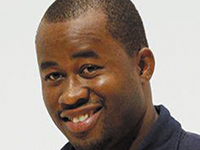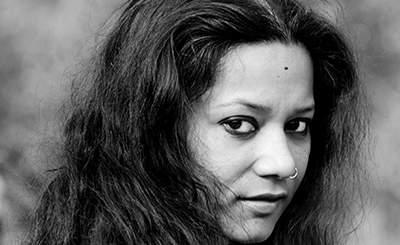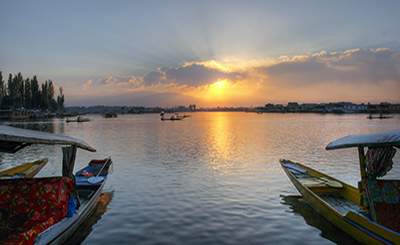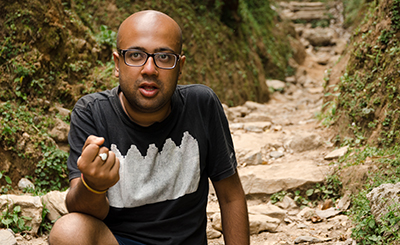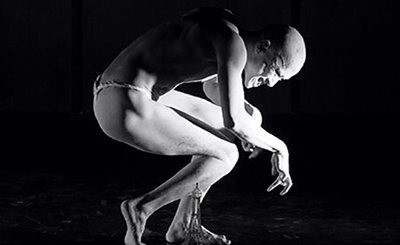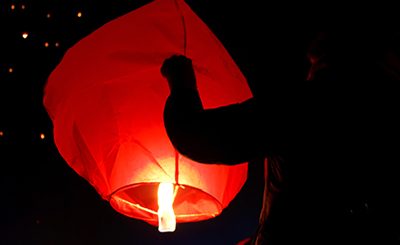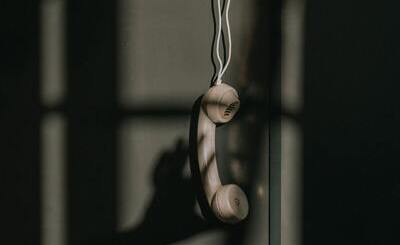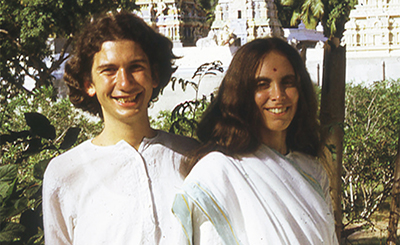
My brothers and I became fishermen in January of 1996 after our father moved out of Akure, a town in the west of Nigeria, where we had lived together all our lives. His employer, the Central Bank of Nigeria, had transferred him to a branch of the bank in Yola —a town in the north that was a camel distance of more than one thousand kilometres away—in the first week of November of the previous year. I remember the night Father returned home with his transfer letter; it was on a Friday. From that Friday through that Saturday, Father and Mother held whispering consultations like shrine priests. By Sunday morning, Mother emerged a different being. She’d acquired the gait of a wet mouse, averting her eyes as she went about the house. She did not go to church that day, but stayed home and washed and ironed a stack of Father’s clothes, wearing an impenetrable gloom on her face.
Neither of them said a word to my brothers and me, and we did not ask. My brothers — Ikenna, Boja, Obembe — and I had come to understand that when the two ventricles of our home — our father and our mother — held silence as the ventricles of the heart retain blood, we could flood the house if we poked them. So, at times like these, we avoided the television in the eight-columned shelf in our sitting room. We sat in our rooms, studying or feigning to study, anxious but not asking questions. While there, we stuck out our antennae to gather whatever we could of the situation.
By nightfall on Sunday, crumbs of information began to fall from Mother’s soliloquy like tots of feathers from a richly-plumed bird: “What kind of job takes a man away from bringing up his growing sons? Even if I were born with seven hands, how would I be able to care for these children alone?”
Although these feverish questions were directed to no one in particular, they were certainly intended for Father’s ears. He was seated alone on a lounge chair in the sitting room, his face veiled with a copy of his favourite newspaper, the Guardian, half reading and half listening to Mother. And although he heard everything she said, Father always turned deaf ears to words not directly addressed to him, the kind he often referred to as “cowardly words.” He would simply read on, sometimes breaking off to loudly rebuke or applaud something he’d seen in the newspaper — “If there is any justice in this world, Abacha should soon be mourned by his witch of a wife.” “Wow, Fela is a god! Good gracious!” “Reuben Abati should be sacked!” — anything just to create the impression that Mother’s lamentations were futile; whimpers to which no one was paying attention.
Before we slept that night, Ikenna, who was nearly fifteen and on whom we relied for the interpretation of most things, had suggested Father was being transferred. Boja, a year his junior, who would have felt unwise if he didn’t appear to have any idea about the situation, had said it must be that Father was travelling abroad to a “Western world” just as we often feared he someday would. Obembe who, at eleven, was two years my senior, did not have an opinion. Me neither. But we did not have to wait much longer.
Page
Donate Now
More from The Byword
Comments
*Comments will be moderated



